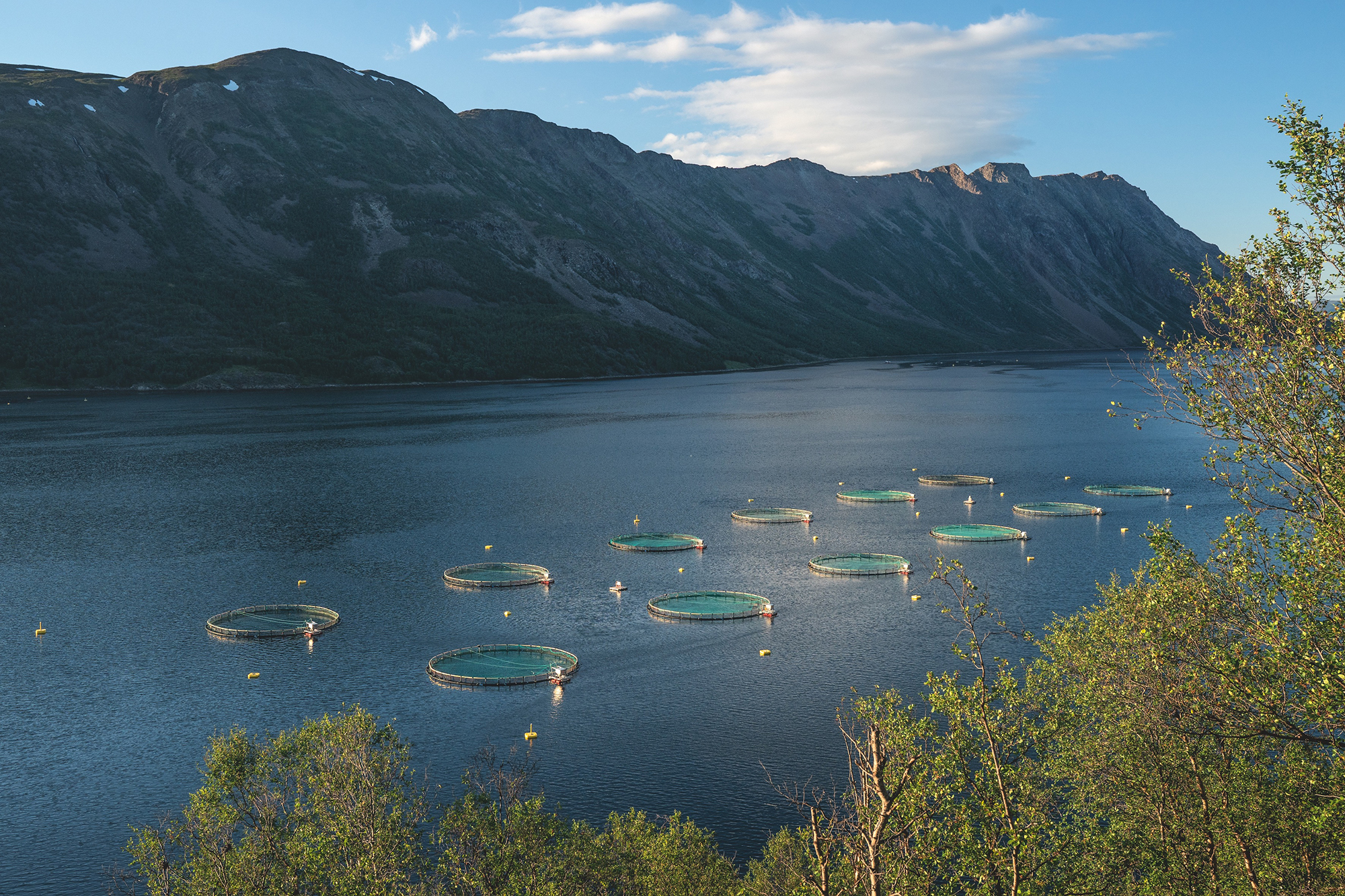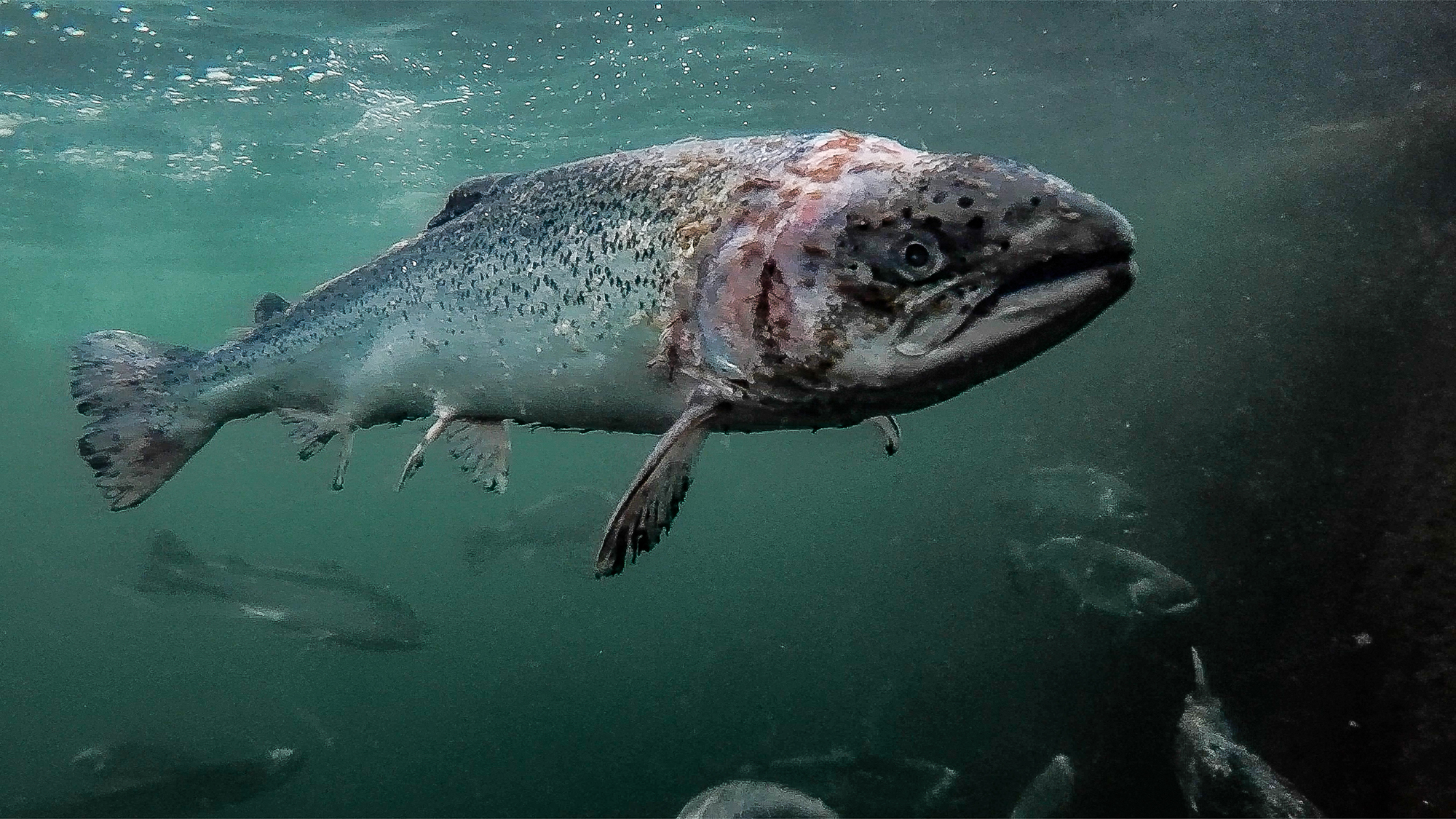Artifishal, a new Patagonia movie
Artifishal, Patagonia’s film denouncing the effects of intensive salmon farming, is now available online
Produced by Patagonia founder Yvon chouinard, Artifishal is a film that tracks the impact of fish nurseries and farms in open water and the large amount of public money wasted in an industry that hinders the recovery of wild fish, It pollutes our rivers and contributes to the problem it claims to solve.
After a long world tour started in March of this year, l’enlightening and controversial 80-minute documentary film by liars & thieves! is now available on Patagonia’s YouTube channel.
Artifishal is Patagonia’s third film about wild rivers and its purpose is to show how incubators and fish farms pose significant risks to the environment and species of wild fish, rather than help integrate the dwindling populations, as initially thought. Instead of increasing the number of wild fish, the widespread use of traditional incubation programmes has indeed favoured the general decline of wild populations, including several once abundant salmon species, bringing them to extinction.
With this project Patagonia aims to protect the wild river habitat and to work for a future in which future generations still have the opportunity to fish and eat fish. The European campaign, which documents the actions of the salmon industry in Iceland, Norway, Scotland and Ireland, calls on the public to join the cause, signing a petition to the governments of these countries to ban the practice of fish farming in nets in the open sea.
Artifishal is a new stage in the history of more than 40 years of Patagonia activism. The outdoor clothing and equipment company has always taken care of the health of the environments explored by its users and has dedicated considerable resources to promote the protection of river basins and aquatic ecosystems. Over the years, the brand has donated more than $20 million to more than 3,000 associations working to protect rivers around the world.
To learn more about this topic, see the documentary Artifishal at this link.
Jasper Pääkkönen
Ambassador Patagonia Fly Fishing
As a fishing expert, how interested are you in the health and well-being of fish?
During my last fishing trip to Norway, I collected samples from a fish with a fungus-like disease that had severely damaged its skin. I sent them to the Norwegian authorities who control fishing because I wanted to find out whether it was a fish that escaped from one farm or a wild fish that was infected by another.
There is no doubt that Atlantic salmon farming poses a serious threat to fishing. Most Finnish salmon fishermen move to Norway to fish, the environmental effects of fish farming are already evident in what we consider to be our own rivers.
In my restaurant we offer absolutely no Atlantic salmon, despite being the cheapest on the market and the cheapest to serve. We made this choice because we know that farming these fish has an extremely negative effect on the environment and wild salmon populations.
Eating wild Atlantic salmon is no longer possible, populations have been completely destroyed over the years and cannot be fished.
Fish farms are having a clear effect on wild fish populations. Is it something you could see the effects of?
In Finland, we have the luck of having over 187,000 lakes, so we can sustainably catch wild fish. There are types of fish that are now being fished, whereas in the past they were not part of our diet. This provides an alternative to the further depletion of predatory and migratory fish species, which are much less widespread.
The problem of overfished species of wild fish is something that people are very aware of in Finland because of the exposure it has had in the media. For this reason, it is becoming increasingly common to eat these once less popular types of fish: they are numerous and the populations can be fished in a sustainable way and regenerated more easily.

How crucial is it for the sport of fly fishing to catch a really wild animal? Could the capture of farmed salmon, for example, really be comparable?
For the sake of fly fishing and, more importantly, simply for the sake of nature itself, we must have wild fish in our waters, in our rivers and lakes and in the sea. So even though, of course, I want my children and grandchildren to be able to practice this amazing sport that I love, it’s something much bigger.
The fact that we are destroying the vast majority of the world’s wild fisheries is terrifying. We’re talking about vast ecosystems, and when they start to collapse, no one knows what’s going to happen.
Do you think there’s little attention in people to where the fish they eat comes from?
Just as with any source of protein, many consumers do not really pay attention to where they come from. However, I see a glimmer of hope at the end of the tunnel: people are becoming more aware of the origin of the fish they eat – where it comes from, how it was caught and how sustainable it is to eat.
Blue fin tuna is a typical example of myopia. Most experts agree that this species will disappear in the next two decades if we continue to eat it. It’s in danger like many of the mammals we know are at risk, and yet we keep eating it, simply because it tastes good.

